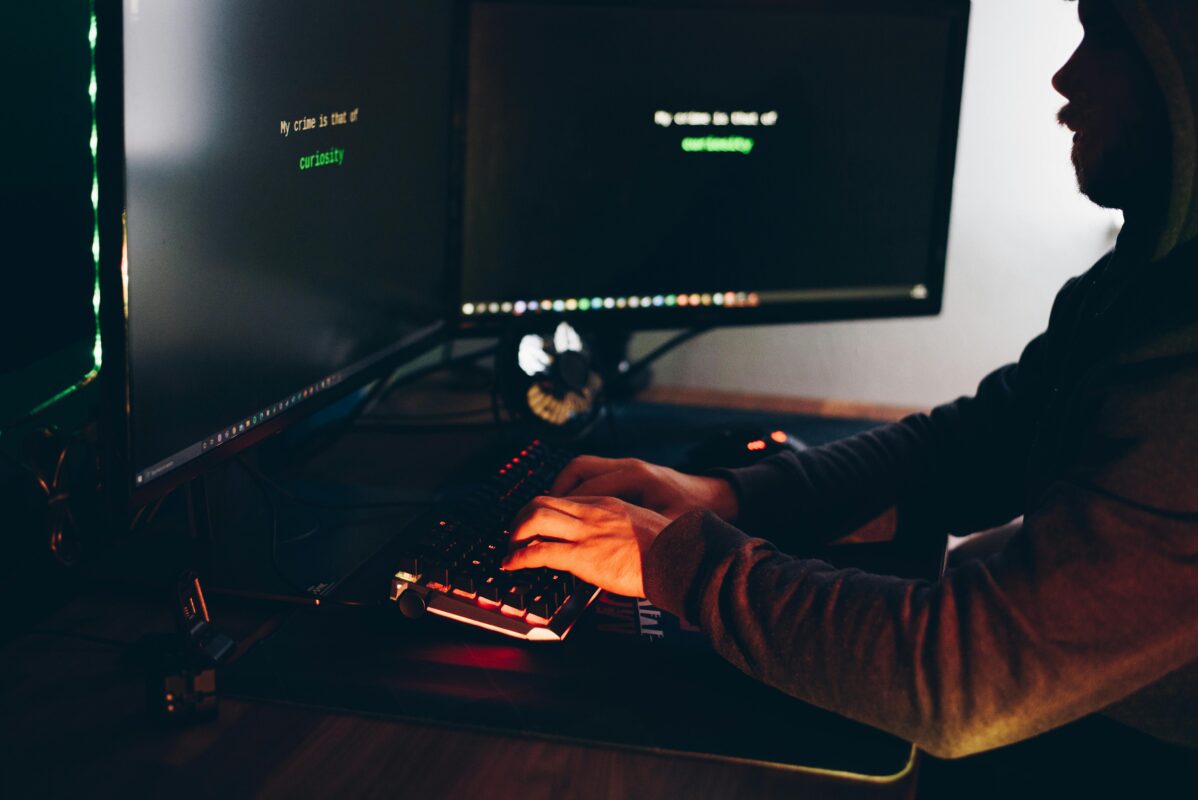Want to get Cyber forensics and investigation training?
Our cyber forensics training program equips participants with the knowledge and skills required to conduct thorough digital investigations. Covering essential topics such as evidence collection, analysis techniques, and legal considerations, participants learn to uncover evidence of cybercrime effectively. Led by experienced professionals, the program combines theoretical learning with hands-on exercises to ensure practical skill development. Whether for law enforcement, cybersecurity, or digital forensics professionals, our program prepares individuals to conduct successful cyber forensic investigations and contribute to the fight against cybercrime.
Read more about cyber forensics and investigation.

Our cyber forensics training program provides participants with the knowledge and skills necessary to conduct thorough digital investigations and uncover evidence of cybercrime. Designed for professionals in law enforcement, cybersecurity, digital forensics, and related fields, our program covers a wide range of topics essential for successful cyber forensic investigations.
Participants will:
- Learn the fundamentals of cyber forensics, including the legal and ethical considerations of digital investigations.
- Understand the principles and methodologies of digital evidence collection, preservation, and analysis.
- Explore techniques for acquiring and imaging digital devices, such as computers, smartphones, and storage media.
- Gain proficiency in forensic analysis tools and software used to examine digital evidence, including forensic imaging tools, data recovery software, and forensic analysis suites.
- Master the process of analyzing digital evidence, including file system analysis, keyword searching, metadata examination, and timeline reconstruction.
- Learn how to document findings and prepare forensic reports suitable for use in legal proceedings.
- Understand the challenges and complexities of conducting cyber forensic investigations in various contexts, including corporate environments, criminal cases, and incident response scenarios.
- Develop practical skills through hands-on exercises, case studies, and simulated investigations, allowing participants to apply theoretical knowledge in real-world scenarios.
FAQs
Cyber Security is an information technology security, focuses on protecting computers, networks, programs and data from unintended or unauthorized access, change or destruction. Cybersecurity impacts all of us when we go online, use our mobile device or tablet, or use a cloud-based service. We all interact with various tools designed to protect your personal information, similar to tools used to protect our nation’s infrastructure. It is critical for everyone to understand cybersecurity and our role in being safe while staying connected to minimize the chance of an incident.
With our cyber security training, you will be able to gauge and stop cyber threats using all the latest tools and procedures.
Furthermore, our syllabus for the cyber security course covers the basics as well as the advanced level cyber security & ethical hacking aspects thus ensuring that even if you do not have any experience in the sector, you can learn from scratch and become job-ready in no time.
For more details about our cyber security training online or offline course, get in touch with us today!
The demand for cybersecurity professionals is always at an all-time high in the world, It’s really a good career choice now.
Cybersecurity professionals get an average of $119,000 per year.
No of unfilled jobs growing every year due to a lack of security professionals.
- Practically unlimited growth
- Plenty of variety
- Plenty of job opportunities
- excellent salaries in India & Abroad
It is easy for cyber attackers to destroy the data of government, defense, and banks which are of quintessential importance and may cause serious national problems. Thus, it is necessary to have strong digital Security to protect the data from digital wrongdoings.
With this training course, you will be able to gain knowledge about all the aspects of the cyber security sector.
We at NullcyberX have bundled all critical skill sets required by industry into the curriculum, we have formulated for this course so that you become job-ready as soon as you get the course completion certificate from us.